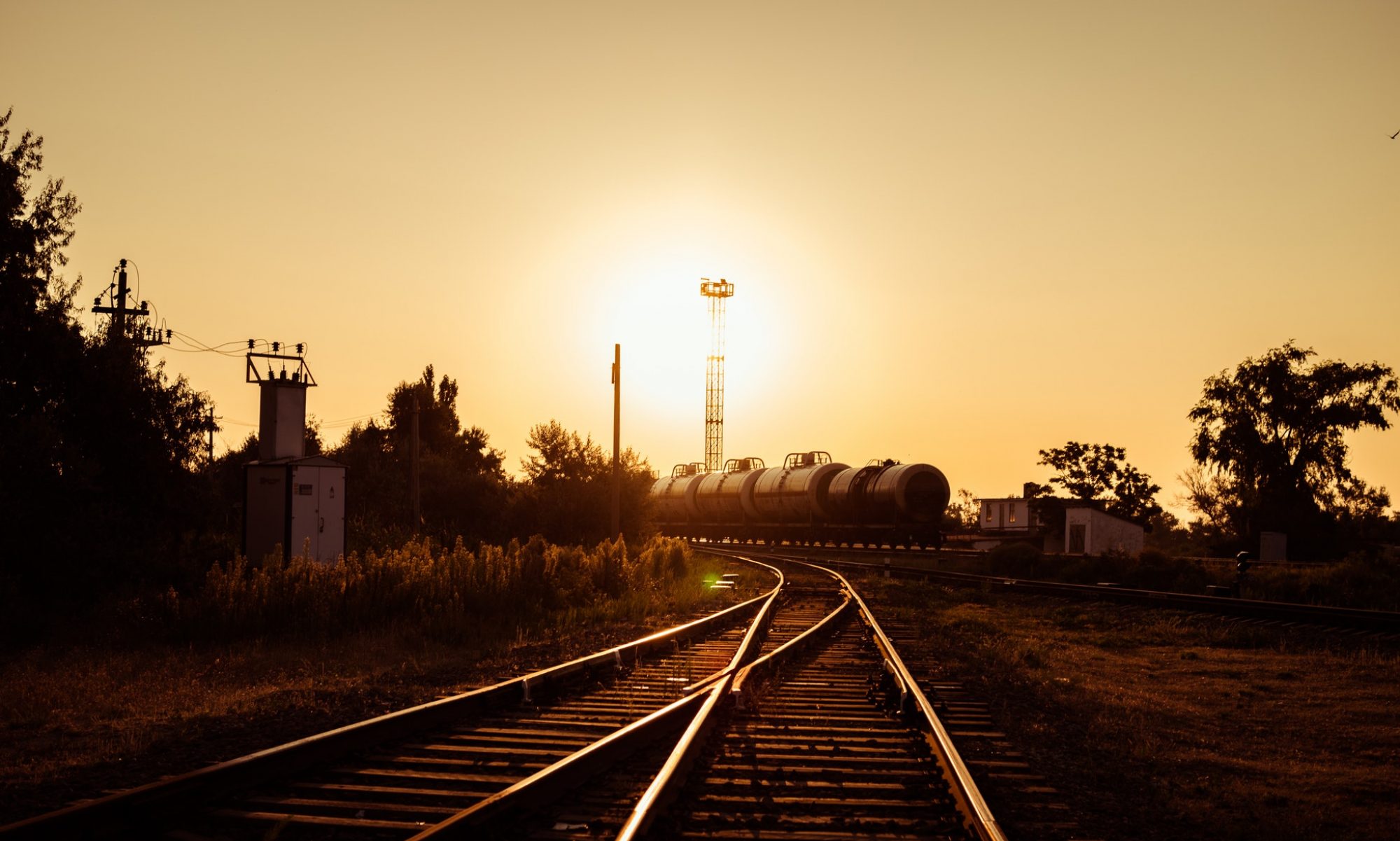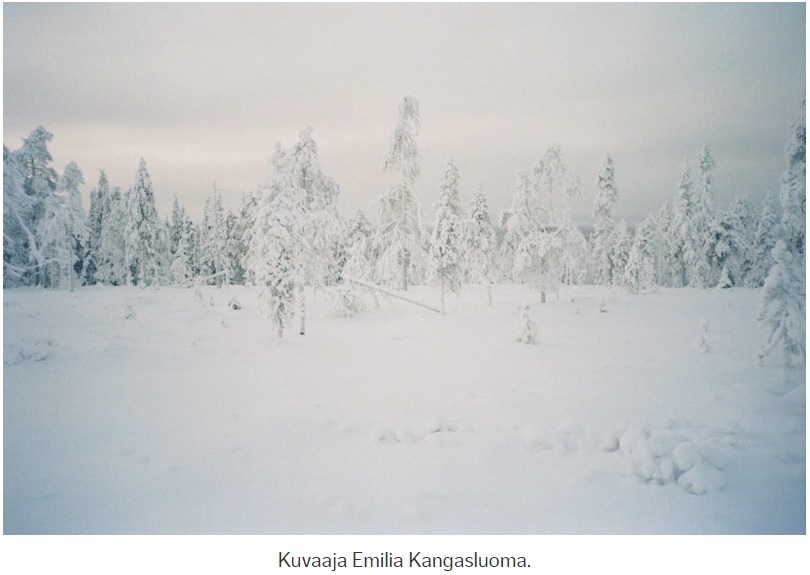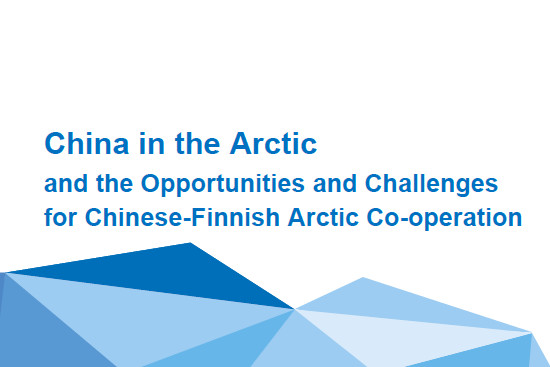Journal of International Organizations Studies Fall 2018 issue is now available online. Sanna Kopra wrote an article for the issue, titled “China and the UN Climate Regime: Climate Responsibility from an English School Perspective”.
This paper analyzes how states have negotiated, distributed, and contested responsibilities within the United Nations Framework Convention on Climate Change (UNFCCC).
It applies the English School (ES) theory and argues that climate responsibility constitutes
an emerging primary institution of international society. Due to its rising great power status, China plays an increasingly important role in social processes in which international
society defines and distributes states’ responsibilities, especially those of the great powers,
now and in the future. Therefore, this paper pays particular attention to China’s contribution
to the UNFCCC. Ultimately, the paper offers ES empirical observations about the relationship
between primary and secondary institutions as well as the role of agency in institutional change.
Read Kopra’s article online here.




